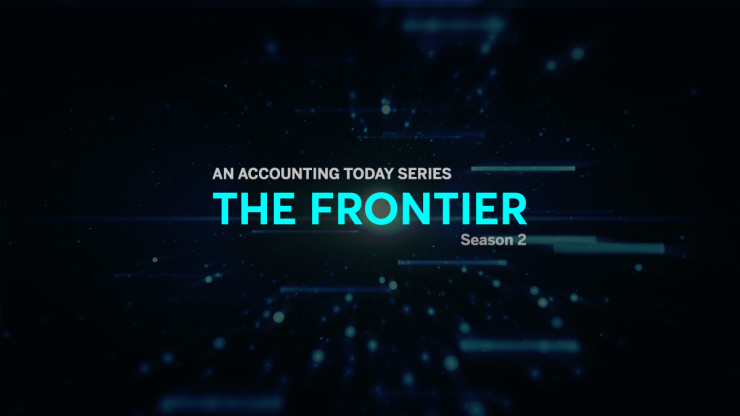There can be little doubt that accounting is becoming an increasingly technology-oriented profession, driven partially by new capacities and partially by client demand. This can be seen as a new phase in the profession, which historically has been somewhat less high-tech compared to other sectors of the economy.
With this new phase has come a new understanding of what the accountant is in the grand scheme of things, which has led to a cultural shift in how the profession views itself. But how far will this cultural shift go? As the profession increasingly turns toward cybersecurity, data analytics and robotic process automation, will something vital be lost?
According to Dr. Sean Stein Smith, a CPA and Lehman College professor who founded the Institute for Blockchain and Crypto Asset Research, the answer is no. He believes technology will allow accounting to fully realize the things that, culturally, the profession has sought to be for ages.
"At every conference forever, the old adage was being a trusted business advisor. Now we have automation and tools and technology to actually become that trusted business partner and to move outside of doing just compliance or tax or audit and being backwards-facing [versus] more proactive and forward-looking," he said.
Kim Austin, Avalara's director of global strategic accounting partnerships, pointed to changes we're already seeing that will inform how the culture further evolves over time. We're already seeing the turn away from routine compliance services and toward value-added strategic consulting, much of which is technology-driven.
"Ten years ago it was all about compliance, debits and credits. Now I think, going forward, there's more emphasis on value-added services, on advisory. Firms need to be their client's trusted advisors. It's the realization that the shift is [moving] away from just checking boxes and balancing checkbooks and much more on what additional value I can bring to your business," she said.
Jamie Fowler, chief transformation officer for Top 10 Firm Grant Thornton, noted that while accountants are becoming more tech-savvy, they remain firmly planted in the business world. This knowledge will be needed to use the ever-expanding suite of software solutions that are required for more complex engagements. This doesn't mean they're all going to become coders, however. What it does mean is that, through their combined knowledge of both the business and technology world, the accountant will be able to serve as a bridge between both. Being able to act as that bridge enables developers and accountants to work together on solutions for the client, while being able to communicate to that client what is being done and why.
"They will integrate the understanding that, by teaming technology with individuals, [firms] can up their game. I think clients will have expectations around that and you will see the profession changing as a result. … I think that the new person will have more skills, not just accounting skills but tech skills, so they can be a go-between in those business needs that developers and accountants can solve together," she said.
But even if the self-conception of the accounting profession remains more or less the same, Shawn Slavin, president of the Information Technology Alliance, noted there can still be big changes in how that self-conception is expressed. One of the biggest disruptors to accounting culture, he said, was the pandemic and the consequent migration to remote work. He felt it was important not to understate just how significant that move was, especially for firms that may have been less amenable to the idea pre-pandemic.
"I've worked with some, well, stodgy old coots that didn't want to embrace technology at all that were forced to embrace this remote work thing. I think that is a genie that's gotten out of the bottle, and there is no going back," he said.
While it's clear things have changed in this respect, what's still murky is just what people are going to do about it. Accountants, like those in many professions, had become accustomed to office life with its own particular cultural codes, both spoken and unspoken. Managing teams in this environment, while never easy, at least followed some sort of precedent. Now that so many accountants work from home, though, Slavin said things have become less clear and the profession has yet to settle on a definitive answer.
"How you manage staff is different, and how you manage that culture is different. It's easy to overlook and it's a process. … There's no one-size-fits-all silver bullet answer on how to make this happen, since you deal with people and each person needs different things," he said.
Lehman College's Smith, however, noted that the profession has gone through major cultural changes before, and those changes have always generated concern and anxiety over where things are going. This, however, should not prevent us from seeing the positives that these changes have created — new technology has created new opportunities, both for firms and for individuals building their careers. and isn't that, ultimately, the point?
"There's always been agita and heartburn, but overall this has had a positive impact on the field and on the individual being in it," he said.
This story is part of the second season of the Accounting Today series called "The Frontier," where we explore the cutting edge of accounting technology through conversations with thought leaders across the country, who will share with us their observations, hopes, concerns and even a few predictions here and there.
See the rest of






